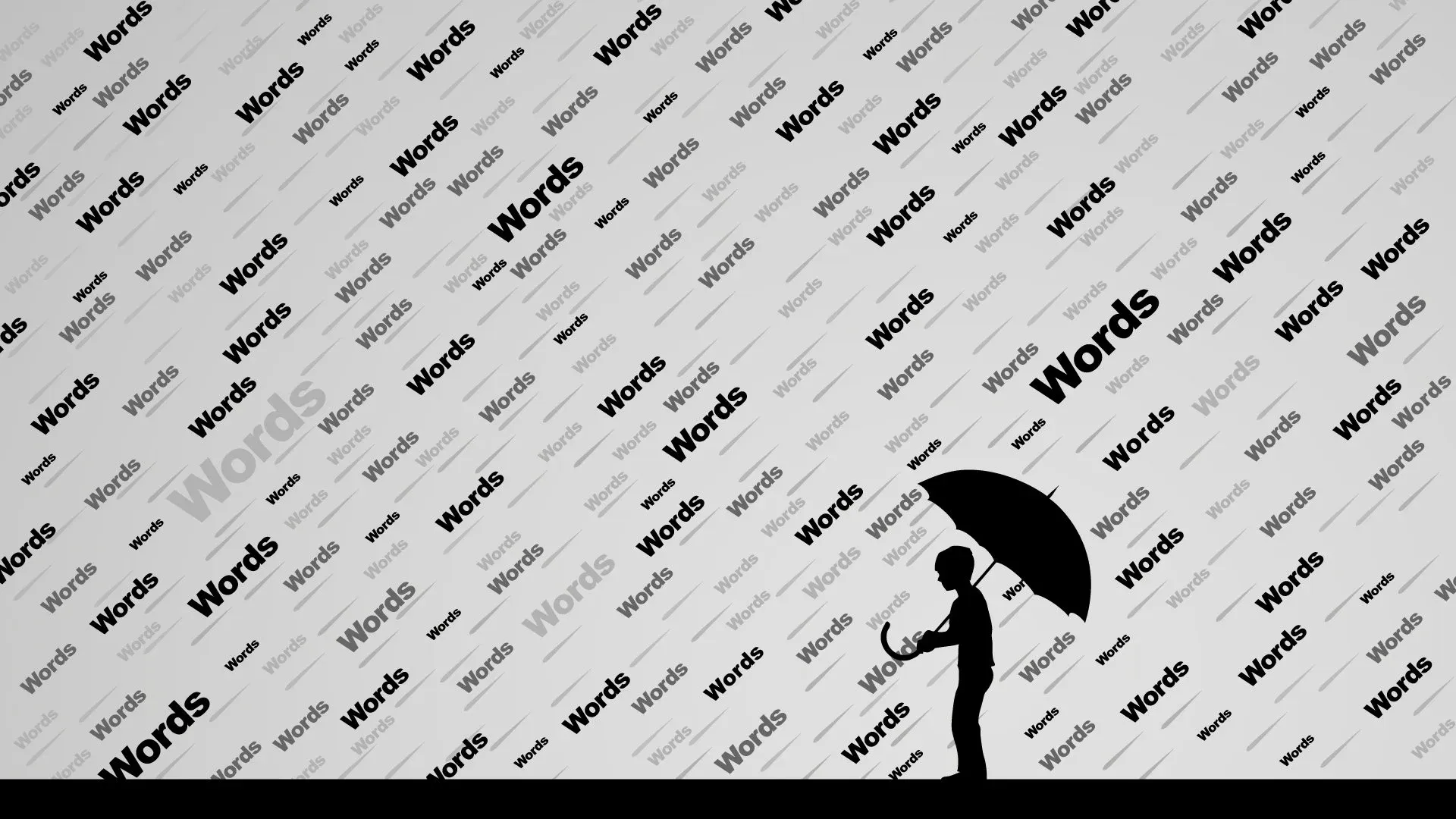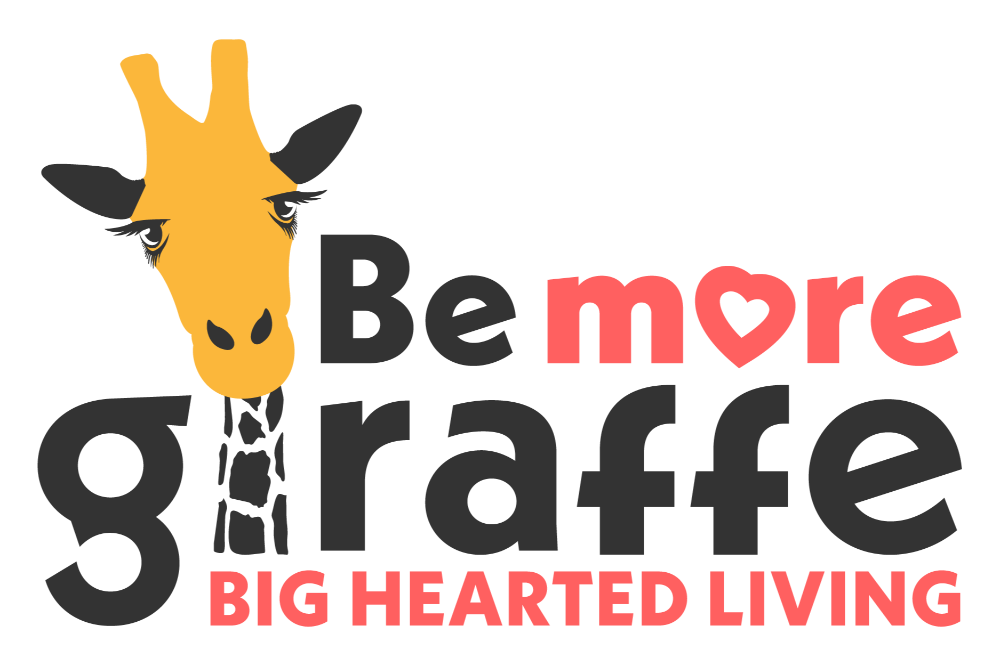The Power of Words
Nov 30, 2021
“Sticks and stones may break my bones but words can never hurt me!”
As a child, I remember being puzzled by this saying. It certainly wasn’t my experience. Quite the contrary: whilst I was fortunate enough never to break any bones at the mercy of sticks or stones, I often found myself deeply hurt by the words of others.
Not only that, the sentiment behind the saying was something I heard echoed in the words and actions of those older (and wiser?) than me. This messaging was prevalent in society back then and, as a consequence, I was often left wondering if something was wrong with me. I took on board the beliefs that I was ‘too sensitive’, took things ‘too personally’, cried ‘too easily.’ The outcome for me? Rather than expressing these feelings I did my best to bury them, to toughen up, to build an invisible wall around my heart. This wall has been knocked down and rebuilt on many occasions throughout my life.
As an adult, I’ve come to realise just how inaccurate that saying is. Not only do words have the power to hurt us; they can also inflict pain for far longer than it takes a broken bone to heal. Whilst there is, nowadays, much more understanding about the power of words – both to knock us down and to lift us up - there seems to be less awareness of the long term, profound impact that words really can have.
This thought is not new to me. I did, however, find myself ruminating on this fact with renewed awareness a few months back. I was sat in a coaching session, revisiting my interesting beliefs around money (which I mistakenly thought I’d already ‘dealt’ with some time ago) and two words popped into my head: ‘selfish’ and ‘ungrateful’. These were words I heard as a child. I can no longer remember what I did to elicit these comments but, decades later, they were still deep-seated in my subconscious, holding me back from fully stepping into my true power.
Of course, it isn’t the words themselves that hurt us - it’s the meaning we attach to them and the stories we consequently tell ourselves that really do the damage. I have no idea how often I heard this message – it felt like a recurring theme but maybe it was only a few times and perhaps it genuinely was in response to some really ‘selfish’ and ‘ungrateful’ actions on my part. (Although, I believe now that children are neither selfish nor ungrateful - these are judgemental labels resulting from an adult’s misinterpretation of a child’s behaviour…but that’s the topic of another blog!)
Whatever the case, it is a message I internalised and have repeated to myself in various shapes and forms many times over my lifetime. And, attached to those two words were feelings of shame, guilt and all sorts of unhelpful beliefs: that I was not worthy of success, that I was undeserving of financial abundance, that I needed to prove I care about others by working tirelessly and for free. Wow.
I’m sure, when those two words were hurled at me all those years ago, no consideration was given to the potential ramifications. They were said in the moment, in response to a judgement being made about my actions, based on some previous story being replayed in that moment by the person who said them. Nevertheless, the ramifications were hard-hitting and far-reaching.
Perhaps inevitably, these are words I’ve also heard myself saying to my own children from time to time. This is not uncommon. So often, we internalise the messages we heard as children, take them on as our own beliefs and then pass them on to our family and friends. Each time we make these kind of moralistic judgements, we are likely to trigger some kind of reaction within the other person – perhaps hurt, perhaps indignation, perhaps anger. And so the damage carries on within us and ripples outwards, from person to person and from generation to generation. This is the true power of words.
This type of judgmental language is what Marshall Rosenberg (founder of Nonviolent Communication) referred to as jackal language. This ‘life-alienating’ way of communicating is not (as I used to believe) simply the way humans are. Rather, it is a common symptom of our modern society; a consequence of the right and wrong mentality that we are conditioned into from birth. (For more on this theme, read my blog: ‘Division we fall’.) Thankfully, there is a flip-side to the jackal: the giraffe. The language of giraffe is ‘life-enhancing’; it’s how we communicate when we are connected with the inner compassionate nature that Rosenberg believed (and now, so do I) is inside us all.
As parents, we so often make judgemental comments about our children’s behaviour. When we do, it is usually in the heat of the moment, without any thought to the long lasting damage we may be causing. We are triggered by something our child says or does and the words just spill out of us – our ‘jackal’ is in full swing.
So, does this mean that we’ve damaged our kids for good? Consigned them to a lifetime of underachievement and self-doubt? No, I don’t believe so. Not if we are prepared to change – to switch the record and to heal past hurts. For some of us, this may mean doing our own inner healing work – either alone or with the support of a coach or a counsellor. But that doesn’t mean we need to be ‘healed’ before we can change how we communicate with ourselves and our children.
The first step is awareness: understanding that we all have an inner giraffe as well as an inner jackal and that in any moment we can choose which one is doing the talking. This may sound simple in theory but I know from experience that it takes some getting to grips with – especially if your jackal has been very loud for many years, as mine has. (For more on my story, read my blog, ‘Taming my jackal’.)
The key to talking giraffe lies in understanding the connection between our needs, feelings, thoughts and words (or actions). Like Rosenberg, I believe that all our behaviour is an effort to get our needs met. So, if we can uncover the needs behind the jackal words and behaviour we can gain a greater understanding of what is actually going on for us (and our children) rather than telling ourselves the same old (usually untrue) stories from the past. From this point of understanding, we have a choice: either to continue in jackal mode, with our judging and blaming language, or to step into our giraffe skin and communicate from the heart.

